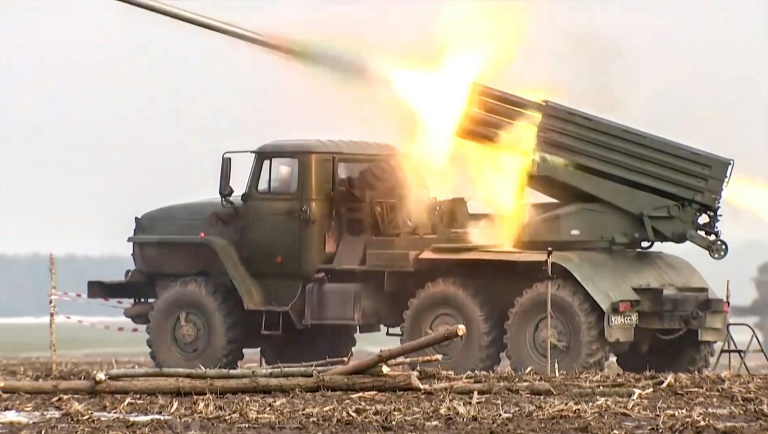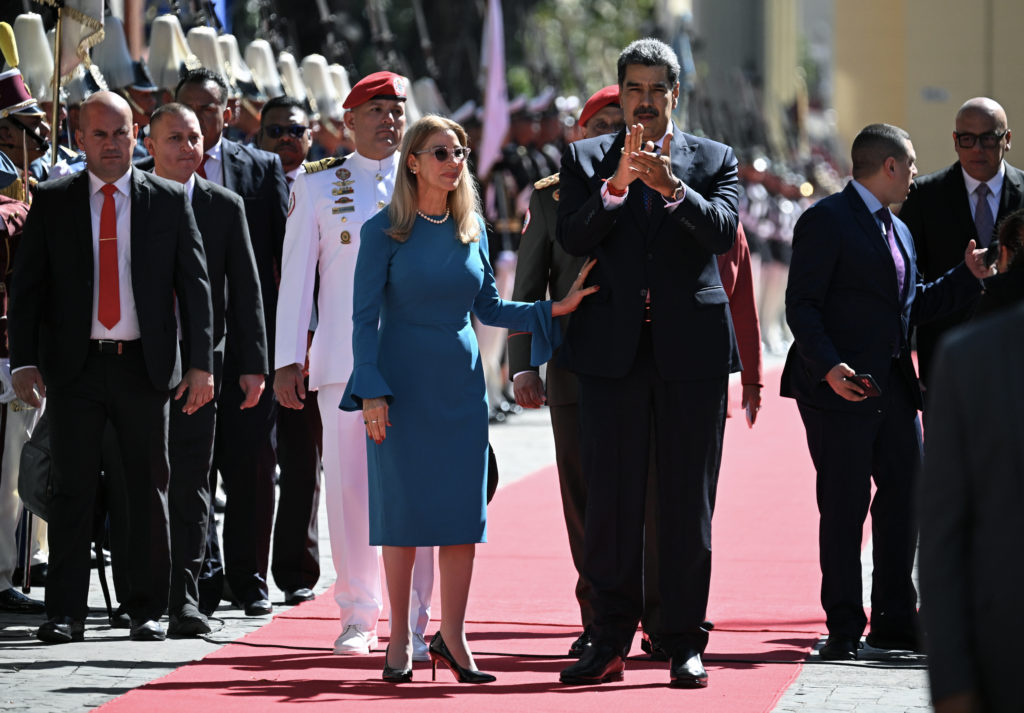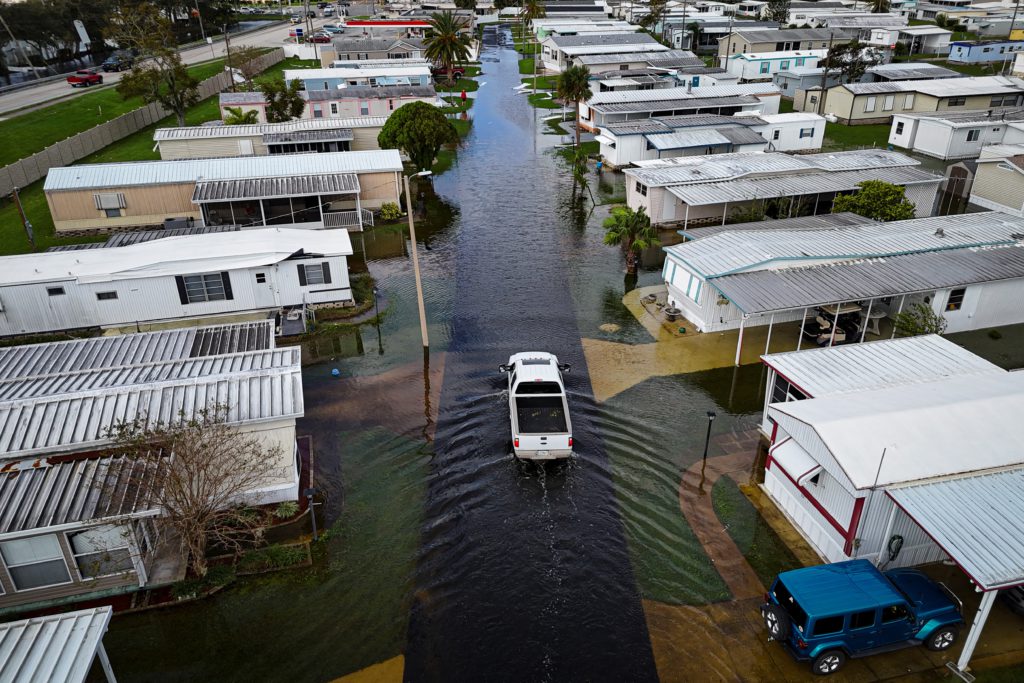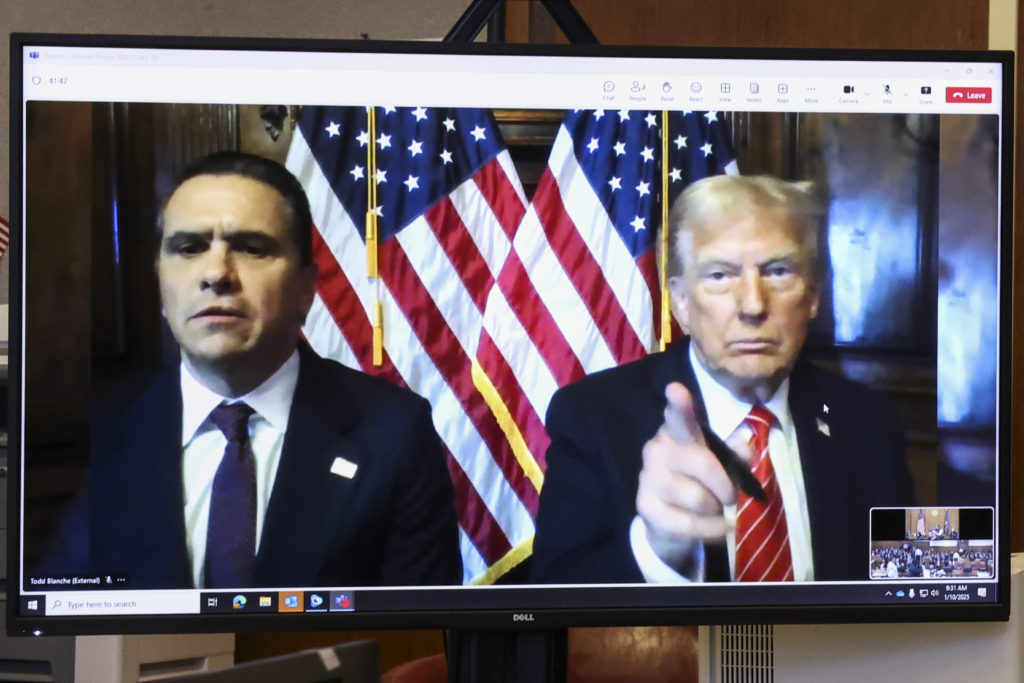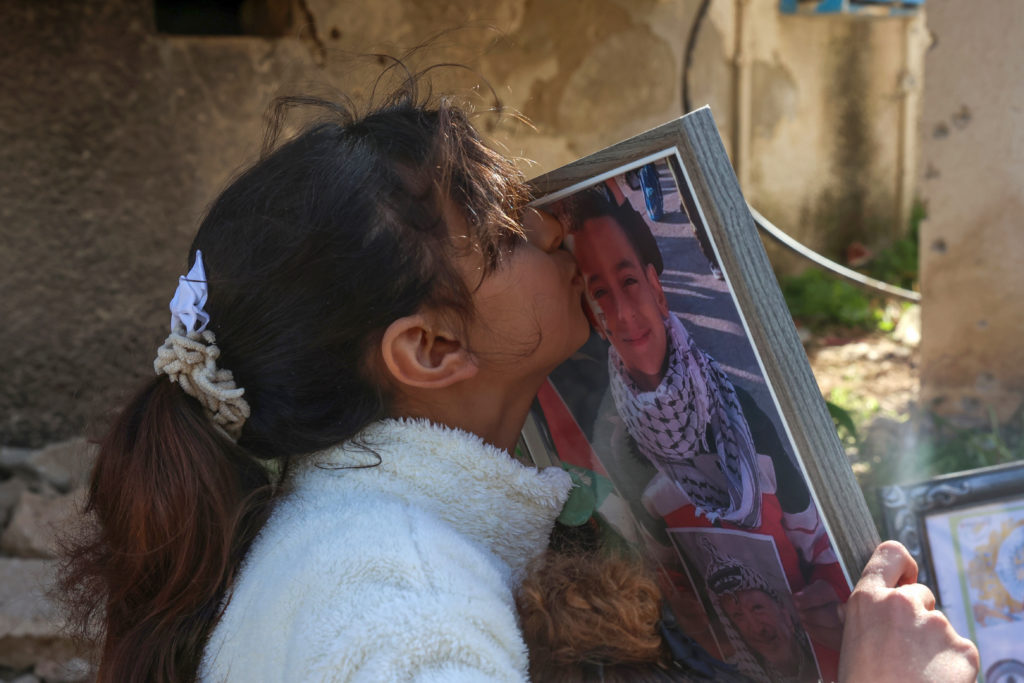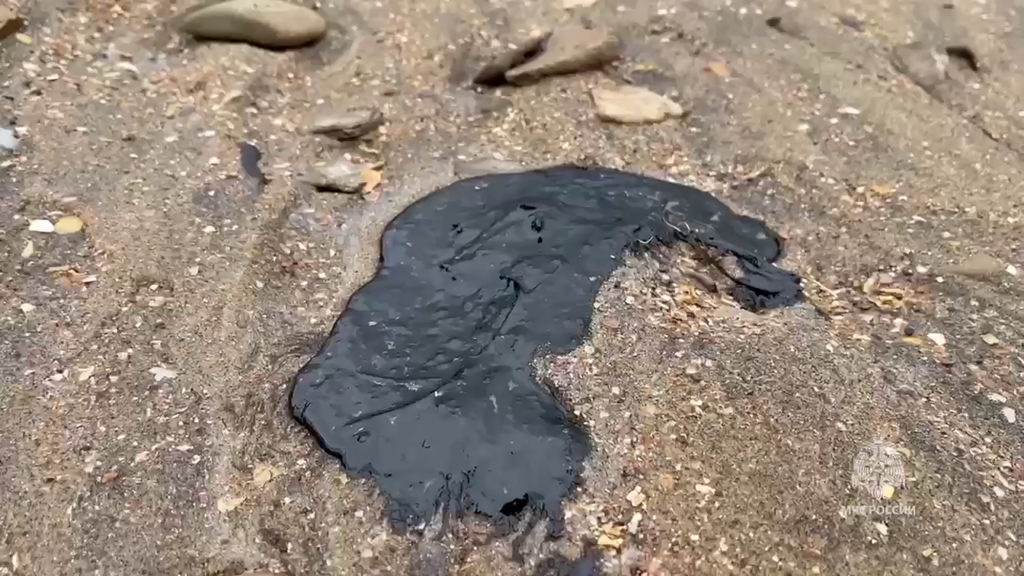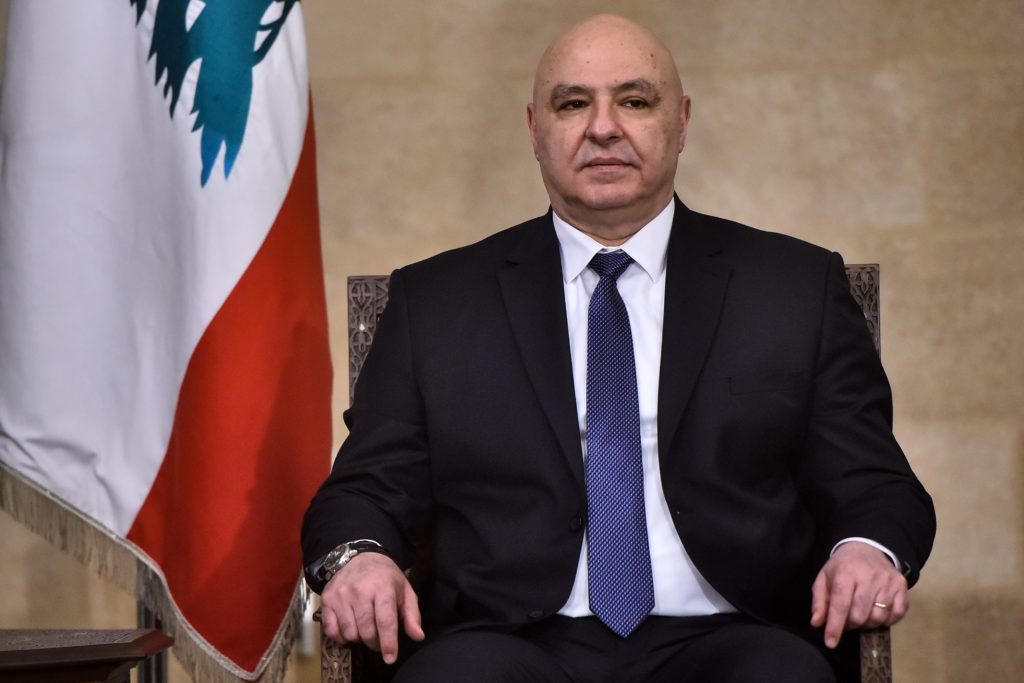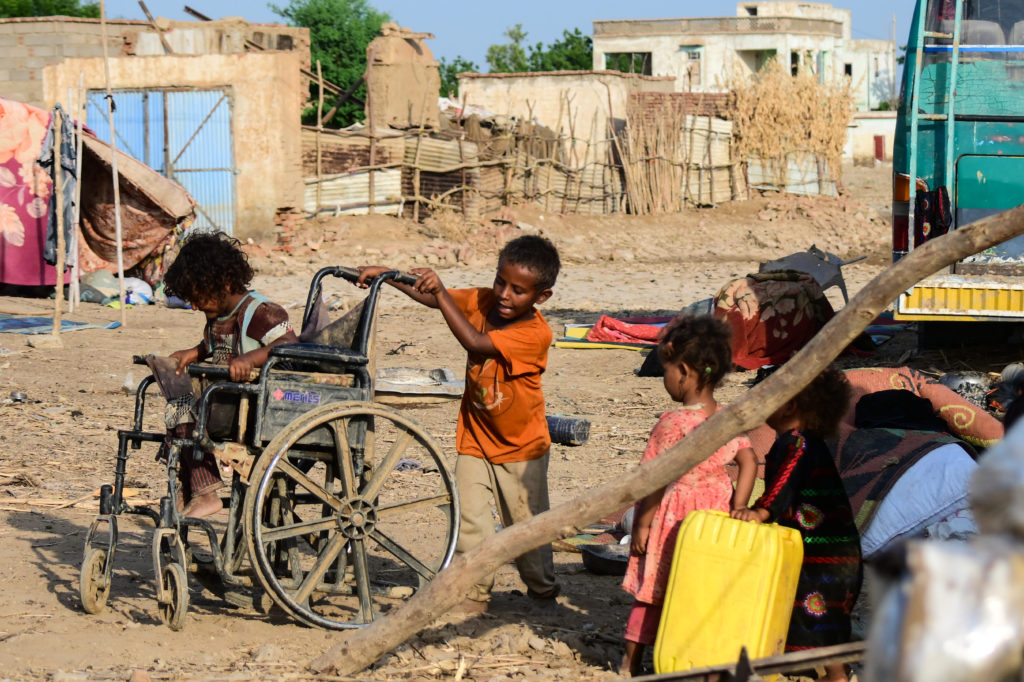Russia’s invasion of Ukraine began three weeks ago. Here are possible scenarios for what happens next, according to Western government and military sources and think-tank experts.
1) Military quagmire
Ukrainian forces are still resisting Russia’s invasion, inflicting serious equipment and human losses.
Crucially they repelled an attempt by paratroopers to seize the capital in the opening days and have since withdrawn to defensive positions that have enabled them to keep control over all strategic cities.
Although Russia has long claimed it has air superiority, Ukraine’s air defences appear to be still working, while Western countries are pouring in portable anti-tank and anti-aircraft missiles.
“The Russian invasion has largely stalled on all fronts,” an update from the UK defence ministry said on Thursday.
US intelligence estimates that 7,000 Russian troops have died, The New York Times reported — although experts say that all such claims should be treated with caution.
US President Joe Biden announced a massive new package of military aid for Ukraine on Wednesday, including S-300 missile defence systems, 100 Switchblade “kamikaze” drones and thousands more missiles.
Ukrainian military resistance comes at a high civilian cost, however, with thousands dead and towns devastated such as Mariupol and Kherson.
2/ Peace deal
Negotiators from both sides began talking just days after the war started, first on the Belarus-Ukraine border, then in Turkey and latterly in the capital Kyiv.
Mounting battlefield losses and crippling Western sanctions on the Russian economy could be pushing Putin to seek a face-saving way to end the conflict.
“Ukraine may be able to compel the Russians to make a choice: to persist and suffer irreparable losses, or desist and achieve some compensatory peace,” wrote Rob Johnson, a warfare expert at the University of Oxford, this week.
Russian Foreign Minister Sergei Lavrov said Wednesday that the two sides were “close to agreeing” a deal that would see Ukraine accept neutrality modelled on the status of Sweden and Austria.
Ukrainian President Volodymyr Zelensky has already publicly acknowledged that his country will not join the Western NATO military alliance — a key demand from the Kremlin.
But though the chances of a deal have grown significantly in recent days, there is no sign of a ceasefire and Ukraine wants a full Russian withdrawal and security guarantees about its future.
Some Putin critics suspect that the diplomacy is a smokescreen.
“Reminder that to Putin ‘ceasefire’ just means ‘reload’,” dissident politician and former chess champion Garry Kasparov wrote on Twitter.
3) Domestic Russian change
Putin is tightening his grip over Russian society.
A crackdown on independent media and foreign news providers has cemented the dominance of the ultra-loyal Russian state media.
Thousands of anti-war demonstrators have been arrested, while a new law threatens up to 15 years in jail for spreading “fake news” about the army.
There are signs of cracks in the ruling elite, with some oligarchs, MPs, and even private oil group Lukoil calling openly for a ceasefire or an end to fighting.
A Russian editor held up a sign saying “No War” during a prime-time news broadcast on state TV this week.
Though not seen as likely at this stage, the possibility of Putin being brought down in a popular backlash or even a palace coup cannot be ruled out.
“His personal security is very good and it will be very good until the moment it isn’t,” said Eliot A. Cohen from the Center for Strategic and International Studies, a Washington-based think-tank.
“That’s happened numerous times in Soviet and Russian history.”
4) Russian military success
Given Russian troops’ superior weapons, air power and indiscriminate use of artillery, Western defence analysts say they are capable of grinding forward.
A senior European military official cautioned Wednesday against underestimating their ability to replenish and adapt their tactics.
They appear to have logistical and morale problems, with diesel and even engine lubricants in short supply, the official said.
“But you need to keep it in perspective. All of that does not change the superiority of the Russian military,” he said.
Moscow is openly recruiting mercenaries from Syria to supplement its forces, while also using the Wagner Group, a shadowy Russian private security company.
But even if they captured strategic cities such as Kyiv or the southern port of Odessa, Putin would then face the challenge of occupying them.
5) Conflict spreads
Ukraine has a border with four former Soviet states that are now members of the US-led NATO military alliance, which considers an attack on one member to be an attack against all.
Putin’s nostalgia for the Soviet Union and his pledge to protect Russian minorities — which are found in the Baltic States — has left an open question about his territorial ambitions.
Few expect Putin to openly attack a NATO member, which would run the risk of a nuclear attack, but analysts have warned about provocations that stop short of sparking a war.
Putin has ordered Russia’s nuclear deterrent forces onto high alert and Foreign Minister Lavrov has also warned that “World War Three can only be a nuclear war”.
Western analysts say such warnings should be taken as posturing to deter the United States and Europe from considering ideas such as a “no-fly zone” over Ukraine.

